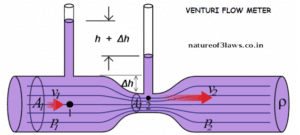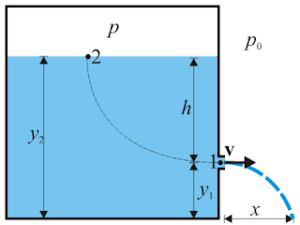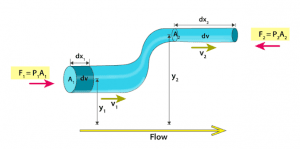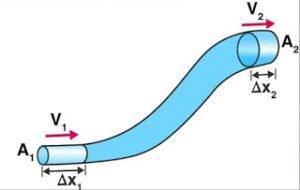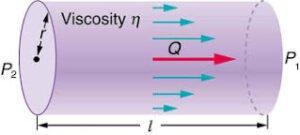ARCHIMEDES PRINCIPLES
There is a lot of application of this principle in our daily life. Some application is the list below:
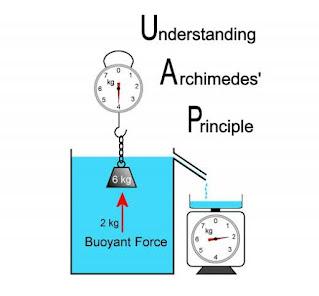
- Floatation of boats and ships on the surface of the water.
- The upward motion of air bubbles in the water.
- Sudden upthrust in a mug when it is dipped perpendicularly in the water.
- Not sinking of an air-filled balloon if it is dipped in the water, and much more application can be found if we start searching in our surroundings.
So, the question is what Archimedes’s principle states?
If we talk about it then Archimedes’s principle simply states that if an object is immersed fully or partially in the fluid (liquid or gas) then it suffers an upward buoyant force, that is equal to the weight of the fluid which the object displaced. This concept is given by a Greek philosopher Archimedes in 250 BCE

SIMPLIFIED EXPLANATION
When an object is immersed fully or partially in the fluid then it is observed that its original weight gets reduced. Then Archimedes thought that somewhere fluid is applying an upward force that opposes object gravitational weight.[latexpage]
Then Archimedes perform an experiment to find the magnitude of upward force. He takes a bucket and filled it to its brim with water, then he submerged a spherical hollow ball into it, then he noticed that some amount of water fell down from the bucket, then he measures the volume of displaced water or fallen water and he finds its weight, then he finds the upward force by multiplying it by the acceleration due to gravity, which is acting on the ball.
After calculating all, then he finds that the upward force in the ball is equal to the weight of the displaced water. And his upward force or upthrust is termed buoyant force. After performing all these experiments he says that if a body is immersed fully or partially in the fluid then the volume of fluid displaced is equal to the volume of the object, and the weight of the volume displaced is equal to the buoyant force which acts as the upthrust and used to opposes the gravitational pull and give an upward motion.
Thus, the net force on the object is the difference between the magnitude of buoyant force and its gravitational weight. If this difference is positive then buoyant force becomes dominant and the object rises up. If this difference is negative then gravitational weight becomes dominant and then the object starts sinking. If this difference gives zero then object neither rise nor sink, means object become static at that position.
And Archimedes also observed that due to buoyant force objects experience an apparent weight loss which is equal to the weight of the displaced fluid, when an object is used to be sink fully or partially in the fluid.
DERIVATION FOR THE EQUATION
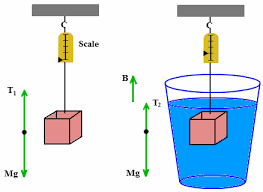
Let’s take a spherical ball of density ρ and radius R, and a fluid of density σ
Then the volume of the sphere is = $\displaystyle{\frac{4}{3}\pi R^3}$
And the weight of the ball is = $Mg = V\rho g$ = $\displaystyle{\frac{4}{3}\pi R^3}\rho g$
And weight of the displaced fluid is= $\displaystyle{\frac{4}{3}\pi R^3\sigma g = V\sigma g = \text{buoyant force}}$
If –
Buoyant force > gravitational weight = rises up.
Buoyant force < gravitational weight = sink
Buoyant force = gravitational force = static
Neither sink nor rise remains at the same position

